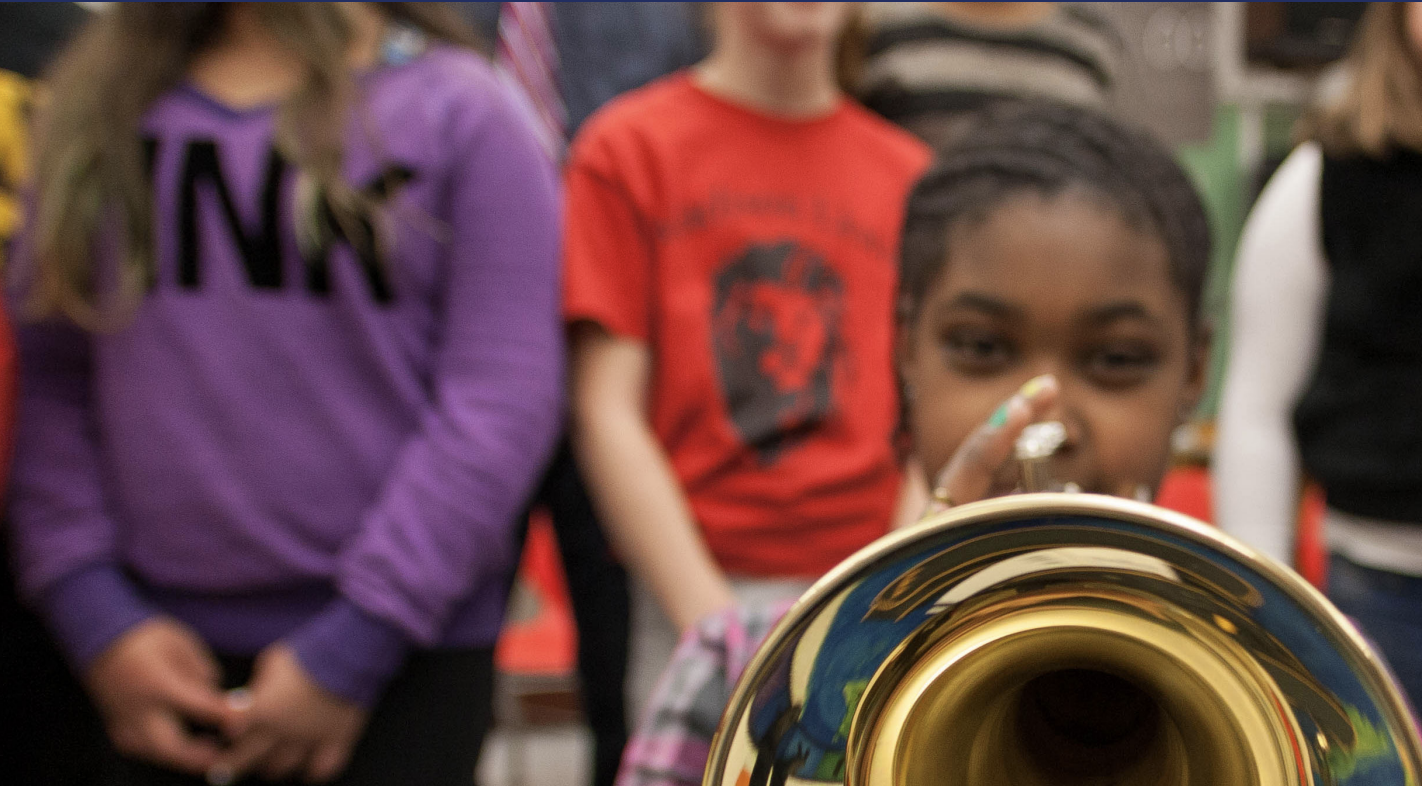The recent wave of test-based accountability reforms has negatively impacted the provision of K-12 arts educational experiences. Advocates contend that, in addition to providing intrinsic benefits, the arts can positively
influence academic and social development. However, the empirical evidence to support such claims is limited. We
conducted a randomized controlled trial with 10,548 3rd8th grade students who were enrolled in 42 schools that were assigned by lottery to receive substantial influxes of arts education experiences provided through school-community partnerships with local arts organizations, cultural institutions, and teaching-artists. We find that these
increases in arts educational experiences significantly reduce the proportion of students receiving disciplinary infractions by 3.6 percentage points, improve STAAR writing achievement by 0.13 of a standard deviation, and increase students’ compassion for others by 0.08 of a standard deviation. For students in elementary schools, which comprise 86 percent of the sample, we find that these arts educational experiences also significantly improve school engagement, college aspirations, and arts-facilitated empathy. These findings provide strong evidence that arts educational experiences can produce significant positive impacts on student academic and social development. Policymakers should consider these multifaceted educational benefits when assessing the role and value of the arts in K-12 schools.



Leave a Comment